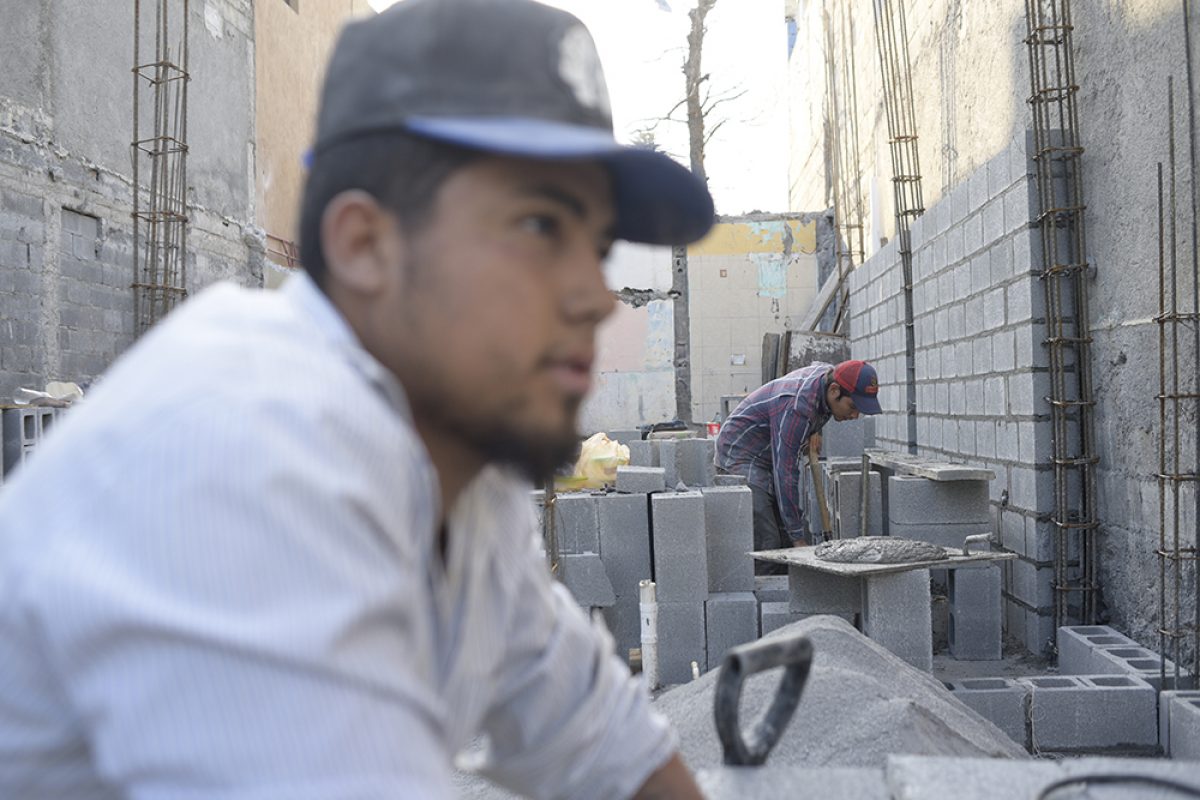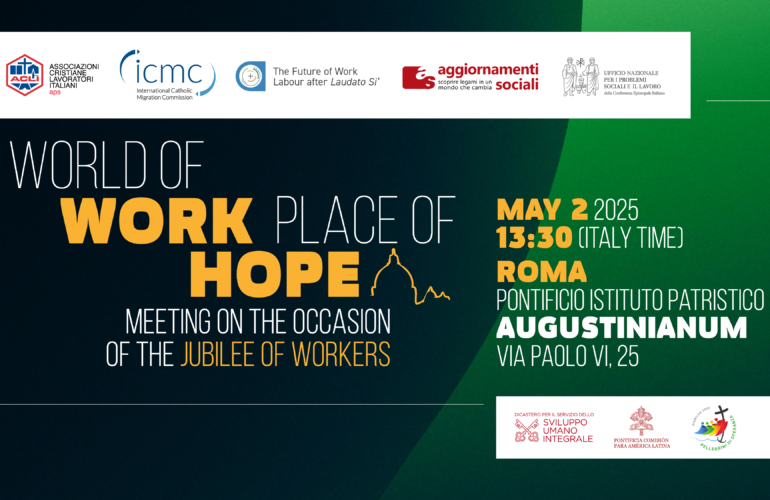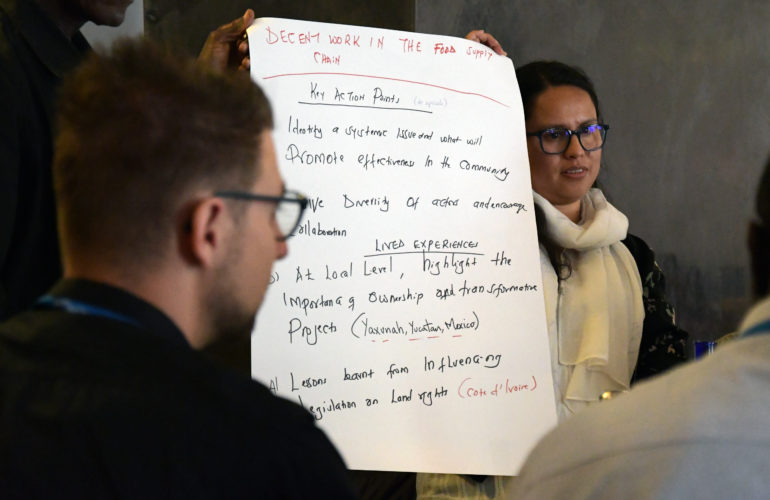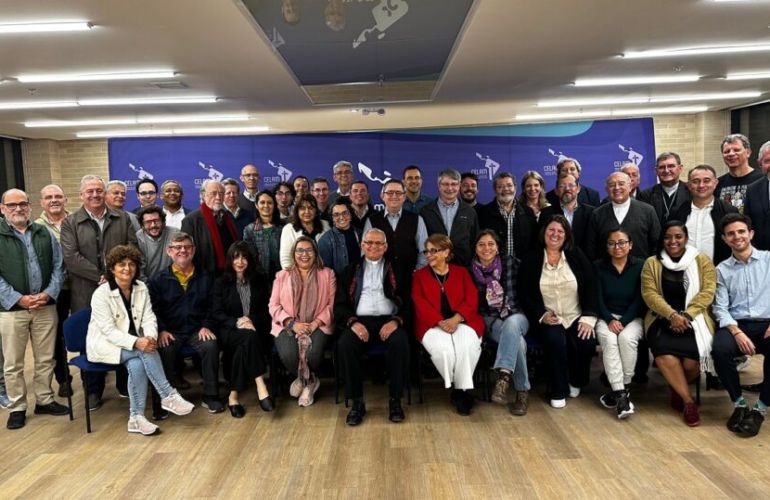ICMC Outlines “The Future We Want for the World of Work”

A 14 June ICMC statement to the 108th Session of the International Labor Conference in Geneva offers four concrete proposals “to shape the ‘future we want’ for the world of work.”
The proposals highlight the interconnections between decent work, integral human development, environmental protection, the potential contribution of civil society to the International Labour Organization’s “Decent Work Agenda,” and the need for special attention to migrants and refugees.
Based on the work of a global group of researchers and opinion leaders gathered together in “The Future of Work, Labour after Laudato Sì” project, the statement by the International Catholic Migration Commission evokes a complex global crisis marked by “growing inequalities, demographic growth, and growing migratory flows.”
“Urgent action,” the statement reads, “is needed to prevent this global crisis from breeding fear and rejection, nurturing violence between and within communities and untold suffering for growing portions of humanity.”
Citing the ILO’s precept “that social justice is the best path toward lasting peace, and that ‘labor is not a commodity’,” the statement suggests that decent work for all also means “dignity in all domains of human activity,” as well as “freedom and liberation for people forced to work against their will and children subjected to… the harshest form of work conditions.”
Emphasizing that decent work must contribute positively to integral human development and should not damage humankind and the environment, the first proposal posits that “work is not decent if its output is death or suffering for people or pollution and degradation of the environment, even when all standards of protection of workers are met.”
Relating environmental and Decent Work agendas, the second proposal calls for attention to the health and security of workers, their families and communities, as well as to mitigating environmental hazards, and to promoting investments toward greener and safer forms of production.
The importance of support from civil society, including faith-based organizations, for the Decent Work Agenda is noted in the third proposal: “A specific goal is to give space to organizations representing people living and working at the margins who are often out of reach for the actors of the formal labor market. Their voices need to be heard too.”
Drawing attention to migrants and their positive impact on the labor market, the final proposal affirms that “People on the move contribute both to their home regions and countries and well as to their host communities through their work.”
Because the ILO plays a crucial role in advocating for greater global governance to ensure a fairer and more equitable labor migration, ICMC calls on the Organization “during its Centenary year and long into the future to prioritize attention on the positive impact of migrants’ and refugees’ labor on economic development.”


